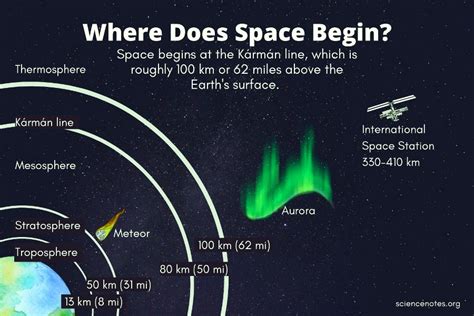How Long Does It Take To Get To Space?
Reaching space isn't a simple hop, skip, and jump. The time it takes depends heavily on several factors, making a definitive answer tricky. Let's break down the variables and explore the different timelines involved.
Factors Determining Travel Time to Space
Several key factors influence the duration of a space journey:
-
Destination: Low Earth Orbit (LEO), a common destination for many missions, is significantly closer than the Moon, Mars, or beyond. A trip to the International Space Station (ISS) in LEO takes a fraction of the time compared to a journey to Mars.
-
Type of Rocket: Different rockets possess varying power and efficiency. More powerful rockets with higher thrust can achieve orbital velocity quicker.
-
Launch Trajectory: The chosen flight path significantly impacts travel time. A direct ascent might be faster, but a more fuel-efficient trajectory could take longer, prioritizing resource conservation.
-
Gravity Assists (for deep space missions): For missions venturing beyond Earth's orbit, employing gravity assists from celestial bodies like planets can reduce travel time by leveraging their gravitational pull to accelerate the spacecraft. However, this adds complexity to the trajectory planning.
Time to Low Earth Orbit (LEO)
Reaching Low Earth Orbit, where the ISS resides, is relatively quick:
- Typical Time: It takes approximately 8-10 minutes for a spacecraft to reach LEO after launch. This timeframe, however, excludes the preparation and pre-launch phases.
Time to the Moon
Lunar missions represent a considerably longer journey:
-
Apollo Missions: The Apollo missions to the Moon, using powerful Saturn V rockets, took around three days to reach lunar orbit.
-
Future Missions: Future lunar missions might employ different trajectories and propulsion systems, potentially altering the travel time.
Time to Mars
A human mission to Mars presents the most significant time challenge:
-
Estimated Time: A one-way trip to Mars could take 6-8 months, depending on the alignment of Earth and Mars. The optimal launch window occurs roughly every 26 months when the planets are favorably positioned.
-
Return Trip: The return journey would also take a similar amount of time, resulting in a multi-year mission.
Beyond Mars: Interplanetary and Interstellar Travel
Journeys beyond Mars to other planets or beyond our solar system dramatically increase travel times:
-
Outer Planets: Reaching the outer planets like Jupiter or Saturn can take several years due to their vast distances from Earth.
-
Interstellar Travel: Interstellar travel to other star systems remains a futuristic concept, with estimated journey times measured in decades or even centuries with our current propulsion technology.
Conclusion: It Depends!
In short, there's no single answer to how long it takes to get to space. The duration varies dramatically depending on the destination, technology employed, and the mission's specific parameters. While reaching LEO takes minutes, journeys to distant destinations can stretch across months or even centuries. Understanding these variables helps appreciate the complexity and magnitude of space exploration.
